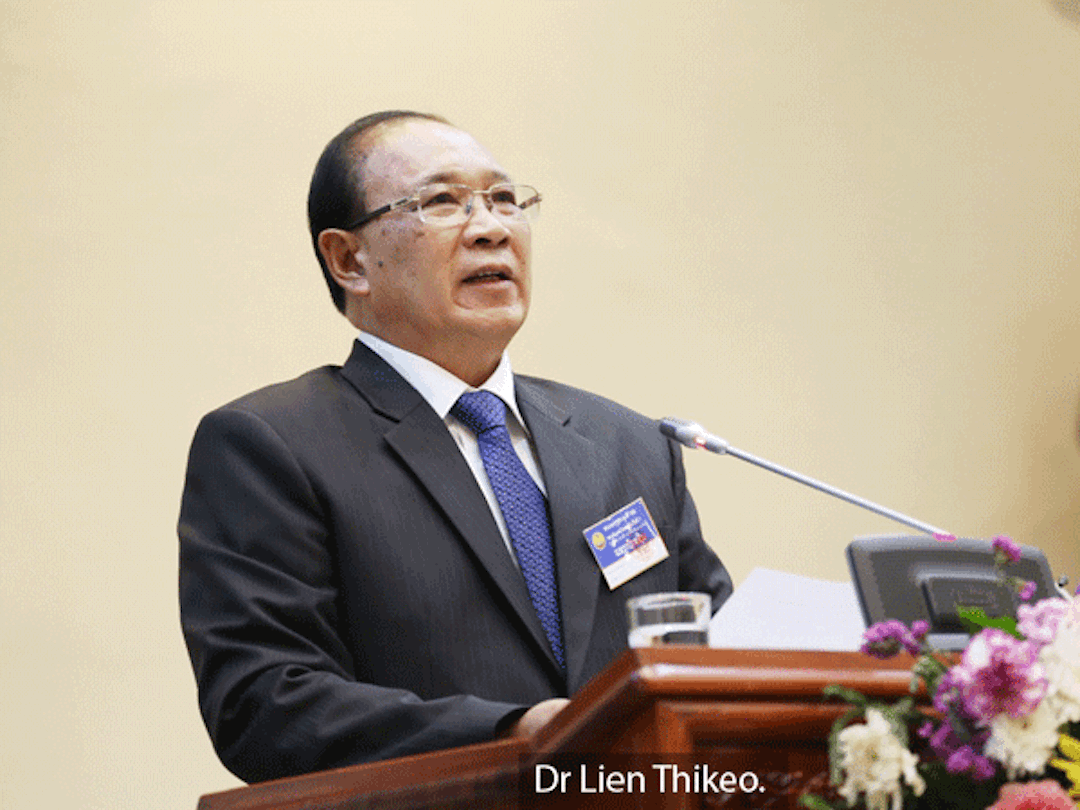
At the same time, water shortages are currently affecting the north of Laos. Addressing enquiries from National Assembly members, Minister of Agriculture and Forestry Dr Lien Thikeo said widespread flooding combined with water supply problems had forced the ministry to lower the rice production target. “Our plan to produce 4.4 million tonnes of rice was based on our five-year plan, which was drawn up based on normal circumstances,” he told lawmakers at the 8th session of the National Assembly’s 8th legislature, which opened last week to discuss and make decisions on issues of national importance. “Unfortunately, for the last two consecutive years, we have suffered a serious flood situation,” he said. This had caused extensive damage to the main rice production areas, making it impossible to meet the rice production target which the NA had approved earlier.
An Assembly member asked the minister to explain the reason for the latest amendment to the rice production target for 2019 from 4.4 million tonnes to 3.5 million tonnes. The question was raised amid concerns that declining rice production would lead to an inflated market price for the crop, which is the Lao people’s daily staple. Data from the Lao National Statistics Bureau indicate that the price of rice has risen by at least 20 per cent in the past two months.
Concerning enquiries about the adequate supply of water for farmers this dry season, Dr Lien said the ministry had asked the government to approve 84 billion kip in emergency funding to repair damaged irrigation systems around the country, as well as rebuild some key agricultural infrastructure. In addition, the ministry is encouraging farmers to grow alternative cash crops in some areas that do not have a water supply. He also said agriculture officials were helping farmers to use their local wisdom to obtain water for their crops because there could be a serious water shortage this year.
Another key issue addressed by the agriculture minister yesterday concerned the ministry’s coordination with the relevant sectors to promote the sale of agricultural produce to the world market, especially to China. Dr Lien said the ministry and its foreign dialogue partners have drawn up specific standards for some agricultural products, to be used as a reference in the export of products to foreign markets. He also said the ministry had built centres to check the quality of agricultural produce before export to China, hoping this would facilitate the export of more products to China in the near future. In order to promote agribusiness, Dr Lien said incentives such as attractive interest rates on loans, as well as price guarantees between farmers and buyers, should be introduced to encourage farmers to grow more crops on a commercial basis.
Information source: Vientiane Times.


